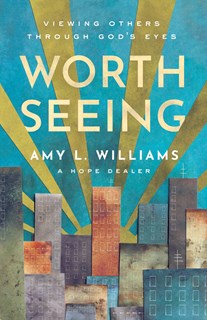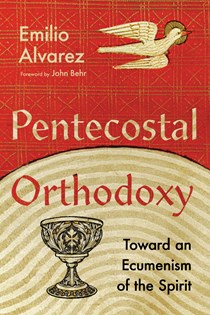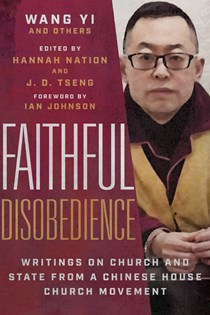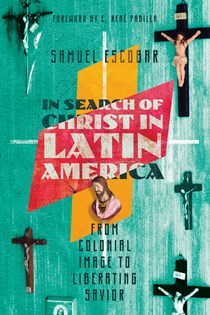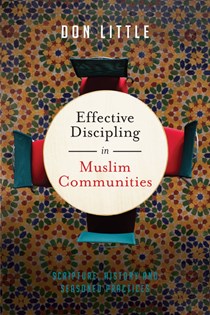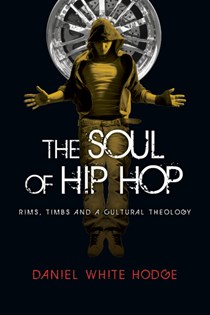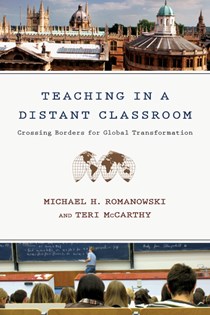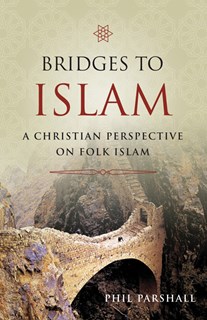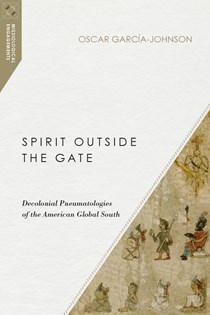Search Results
Showing 101 - 110 of 112 results
-
Outreach magazine named Learning Humility by Richard J. Foster as one of two 2024 Spiritual Growth Resources of the Year. Three additional IVP titles made the shortlist for the Also Recommended resources in the categories of apologetics, social issues, and spiritual growth.
-
Worth Seeing
Viewing Others Through God's Eyes
by Amy L. Williams
While most of society views high-risk youth with fear or disregard, Amy Williams has come to see them through God's eyes—as having tremendous value and potential. With stories and practical tips from three decades of ministry, Amy challenges perceptions and increases compassion for these youth who are often pushed to the margins of society.
-
Pentecostal Orthodoxy
Toward an Ecumenism of the Spirit
by Emilio Alvarez
Foreword by John BehrIn this manifesto of sorts, Bishop Emilio Alvarez introduces the phenomenon of Pentecostals returning to the ancient, creedal Christian faith, and extends the project of paleo-orthodox ressourcement to include orthodox expressions within Pentecostalism, particularly in his own Afro-Latino Pentecostal movement.
-
Faithful Disobedience
Writings on Church and State from a Chinese House Church Movement
by Wang Yi
Edited by Hannah Nation and J. D. Tseng
Foreword by Ian JohnsonIn this important body of theology, key writings from the Chinese house church movement have been compiled, translated, and made accessible to English speakers. This unique resource will be valuable to practical and political theologians and anyone interested in international relations, political philosophy, history, and intercultural studies.
-
In Search of Christ in Latin America
From Colonial Image to Liberating Savior
by Samuel Escobar
Foreword by C. René PadillaNoted theologian Samuel Escobar offers a magisterial survey and study of Christology in Latin America. Presented for the first time in English, this rich resource starts with the first Spanish influence and moves through popular religiosity and liberationist themes in Catholic and Protestant thought of the twentieth and twenty-first centuries, culminating in an important description of the work of the Latin American Theological Fraternity.
-
Effective Discipling in Muslim Communities
Scripture, History and Seasoned Practices
by Don Little
Muslims who come to Christ face momentous spiritual, psychological and social obstacles that drive many to abandon their faith. Missiologist Don Little draws on New Testament principles, historical practices and interviews with seasoned disciplers ministering in Muslim countries to effectively disciple believers from Muslim backgrounds.
-
The Soul of Hip Hop
Rims, Timbs and a Cultural Theology
by Daniel White Hodge
What is hip hop? It's a cultural movement with a traceable theological center. Daniel White Hodge follows the tracks of hip-hop theology and offers a path from its center to the cross, where Jesus speaks truth.
-
Teaching in a Distant Classroom
Crossing Borders for Global Transformation
by Michael H. Romanowski and Teri McCarthy
Veteran educators Mike Romanowski and Teri McCarthy provide an essential guide for Christians teaching in overseas contexts. Providing both the theoretical framework as well as practical tools, the authors offer concrete advice and real-life examples for classroom instruction, daily life and much more.
-
Bridges to Islam
A Christian Perspective on Folk Islam
by Phil Parshall
Expanding on his acclaimed book Muslim Evangelism, Phil Parshall argues that the avenue for dialogue between Muslims and Christians runs through folk, not orthodox, Islam.
-
Spirit Outside the Gate
Decolonial Pneumatologies of the American Global South
Missiological Engagements
by Oscar García-Johnson
Oscar García-Johnson explores a new grammar for the study of theology and mission in global Christianity, especially in Latin America. Moving to recover important elements in ancestral traditions of the Americas, he discerns pneumatological continuity between the pre-Columbian and post-Columbian communities. With an interdisciplinary, narrative approach, this work offers a constructive theology of mission for the church in global contexts.


